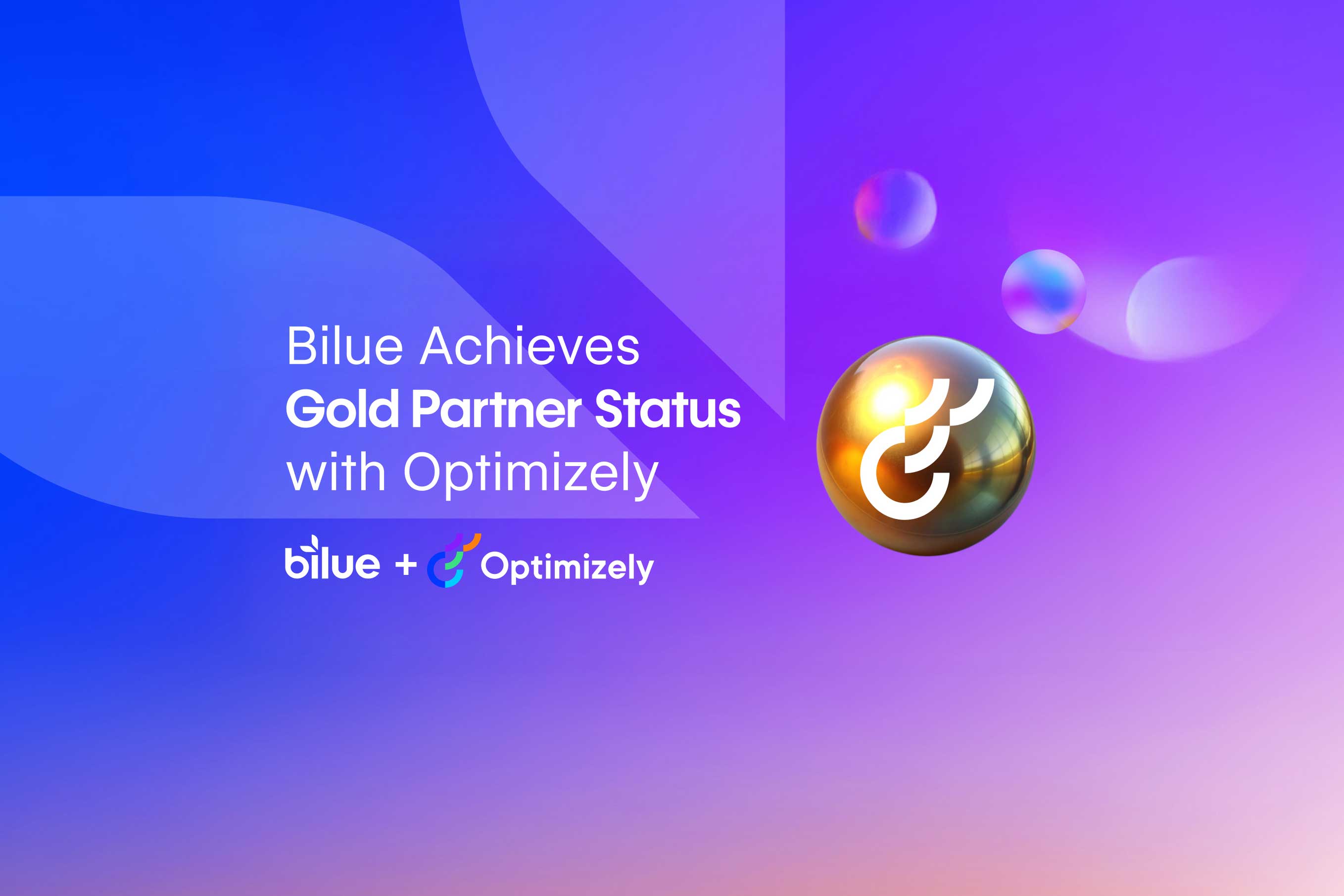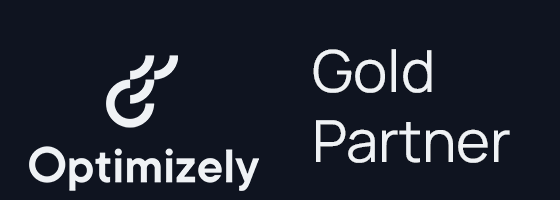Flutter, Google's UI toolkit for building natively compiled applications for mobile, web, and desktop from a single codebase, has rapidly gained popularity among developers and businesses alike. Its ease of use, fast development cycle, and native performance have made it a go-to choice for many app development projects. However, supporting a Flutter app requires a unique set of technical expertise.
Here's a guide to the essential skills and knowledge needed to effectively support a Flutter app:
· Flutter Framework
A solid understanding of the Flutter framework is essential for supporting a Flutter app. This includes knowledge of widgets, state management, navigation, and layout, as well as familiarity with the Dart programming language.
· Platform-Specific APIs
While Flutter provides a unified API for building cross-platform apps, there are times when you may need to access platform-specific APIs. Understanding how to use platform channels to interact with native code is crucial for integrating platform-specific features into your app.
· Debugging and Testing
Flutter offers robust tools for debugging and testing, including the Flutter DevTools and the Flutter Inspector. Knowing how to use these tools to identify and fix issues in your app is key to ensuring its stability and performance.
· Performance Optimisation
Flutter apps are known for their high performance, but achieving this requires careful optimisation. Understanding how to optimise your app's rendering performance, reduce its memory footprint, and improve its startup time is essential for delivering a smooth user experience.
· Version Control
Like any software project, version control is crucial for managing changes to your Flutter app. Familiarity with version control systems like Git and best practices for branching, merging, and managing code changes is important for collaborating with other developers and maintaining a stable codebase.
· Dependency Management
Flutter uses the pub package manager for managing dependencies. Understanding how to use pub to add and update dependencies, as well as how to handle version conflicts, is important for keeping your app's dependencies up to date and secure.
· Continuous Integration and Deployment (CI/CD)
Setting up a CI/CD pipeline for your Flutter app is essential for automating the build, test, and deployment process. Knowing how to configure CI/CD tools like Jenkins, Travis CI, or GitHub Actions for Flutter projects can streamline your development workflow and ensure that your app is always up to date.
In conclusion, supporting a Flutter app requires a solid understanding of the Flutter framework, platform-specific APIs, debugging and testing tools, performance optimisation techniques, version control, dependency management, and CI/CD practices. By mastering these skills, you can ensure that your Flutter app is well-maintained, performant, and ready to meet the needs of your users.
















